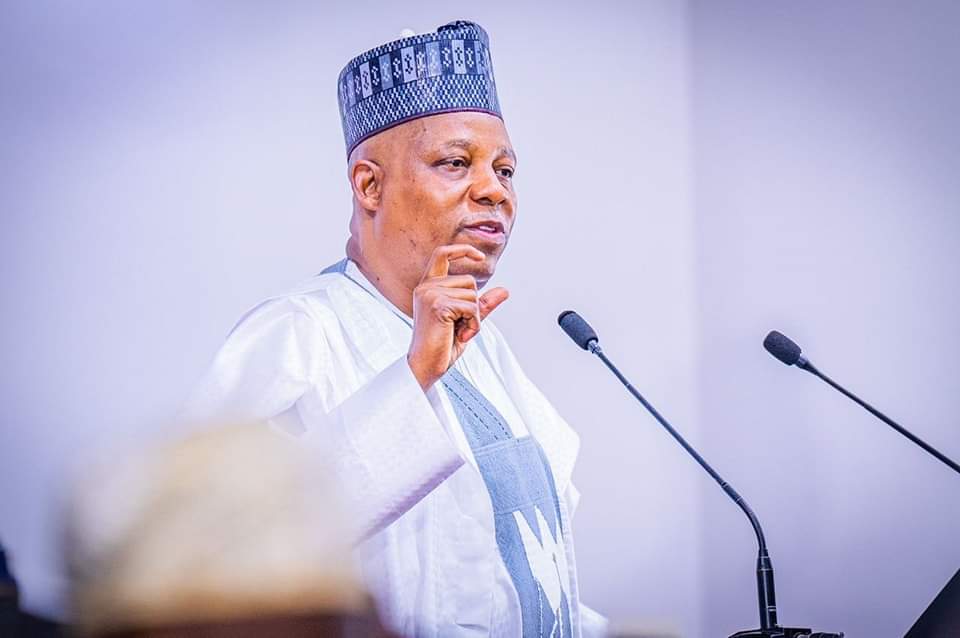
Bridging Nigeria’s Housing Deficit: A Path Forward
Nigeria’s Vice President, Kashim Shettima, recently highlighted the pressing need to address the country’s housing deficit, estimated at 28 million houses, requiring a staggering N21 trillion. Despite efforts at various government levels, this housing shortfall remains a significant challenge. In this article, we will explore practical steps and strategies that can be employed to bridge Nigeria’s housing deficit effectively.
- Public-Private Partnerships (PPPs)
To tackle this colossal housing deficit, the government should actively engage with private sector players through PPPs. Collaborations with reputable real estate developers can expedite the construction of affordable housing units. The government can offer land at reduced rates or tax incentives to incentivize private sector participation in building affordable housing.
- Incentives for Developers
Provide financial incentives and concessions to developers who commit to constructing affordable housing units. This could include reduced taxes, subsidized construction loans, or fast-tracked approvals for housing projects meeting specified criteria.
- Infrastructure Development
Addressing housing deficits requires not only building houses but also developing the necessary infrastructure around them. Adequate roads, water supply, electricity, and sewage systems are essential components. Governments should allocate funds and prioritize infrastructure development in housing projects.
- Land Reform
Streamline land acquisition and ownership processes to make it easier for developers and individuals to acquire land for housing purposes. This will reduce the cost and bureaucratic hurdles associated with obtaining land for housing projects.
- Mortgage Financing
Enhance the accessibility of mortgage financing for aspiring homeowners. This can be achieved by establishing mortgage guarantee schemes, lowering interest rates, and extending mortgage tenures. These measures will make homeownership more attainable for a larger segment of the population.
- Affordable Housing Funds
Establish dedicated funds or trust schemes to support affordable housing projects. These funds can provide low-interest loans to developers and subsidize housing costs for low-income individuals and families.
- Regulatory Reforms
Review and reform existing housing policies and regulations to align them with current needs. This includes zoning laws, building codes, and land-use regulations. Flexibility in these areas can encourage innovative housing solutions and reduce construction costs.
- Community Engagement
Encourage community involvement in housing projects. This can lead to more sustainable and community-specific solutions. Communities can also participate in self-help housing initiatives, reducing the burden on the government.
- Technology Adoption
Embrace modern construction technologies and methods to improve efficiency and reduce costs. Prefabricated housing, 3D printing, and sustainable building materials can significantly impact affordability and construction speed.
- Education and Awareness
Launch public awareness campaigns to educate citizens about homeownership opportunities, housing finance options, and government initiatives. Informed citizens are more likely to take advantage of available resources.
Conclusion
Bridging Nigeria’s housing deficit is a monumental task, but it is achievable with a combination of strategic government policies, private sector collaboration, and community engagement. The N21 trillion required to address this crisis may seem daunting, but with the right measures in place, Nigeria can make significant progress toward providing affordable and adequate housing for its citizens. It is crucial for all stakeholders to work together to turn this housing deficit challenge into an opportunity for sustainable development and improved quality of life for Nigerians.


